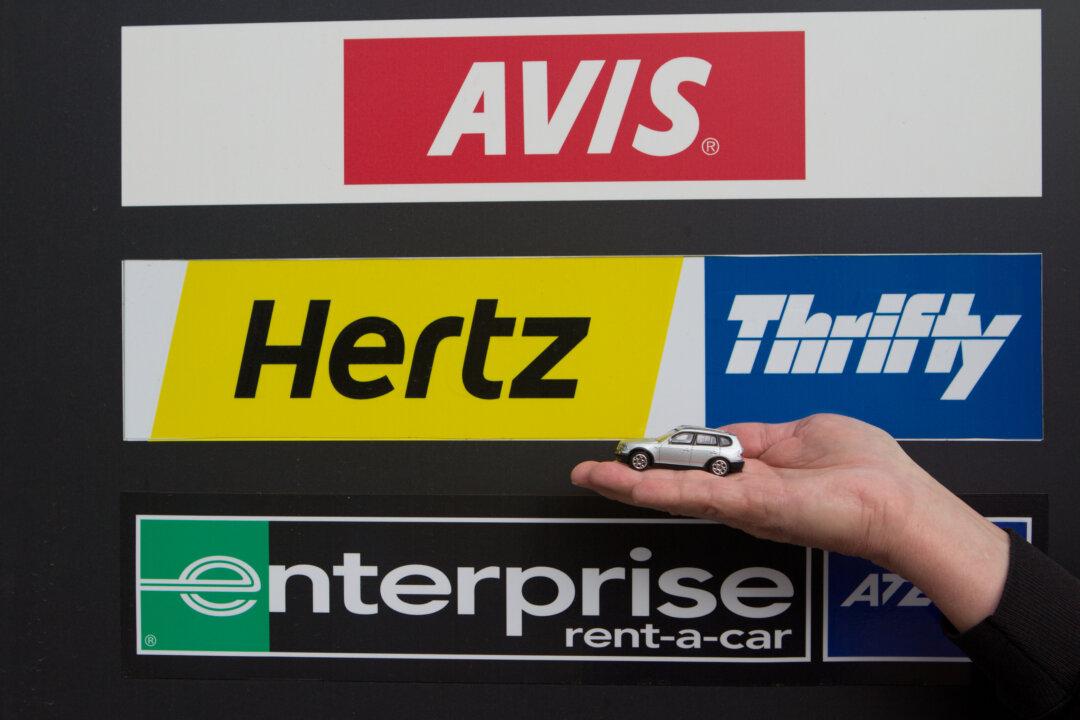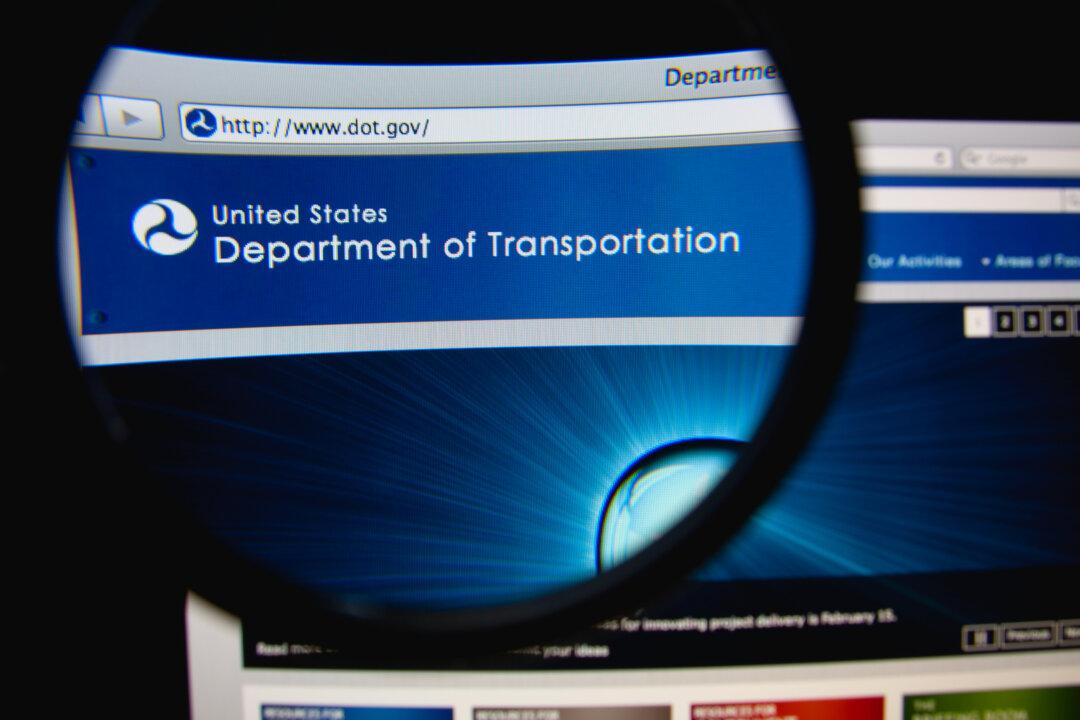It happened to me: I arrived at a hotel, exhausted, with a firm reservation, only to have the desk clerk tell me the hotel was full and it couldn’t honor my reservation.
This can happen for several reasons—maybe the hotel overbooked, some guests stayed longer than expected, or somebody bought out the whole hotel for an event. Something has to give: A hotel can’t quickly build another room for you to occupy, and it can’t throw a current guest out. The “why” doesn’t matter; the hotel is simply unable to honor a reservation. What you need to know is how the hotel plans to fix the problem and what rights you have if it doesn’t find an acceptable fix.





